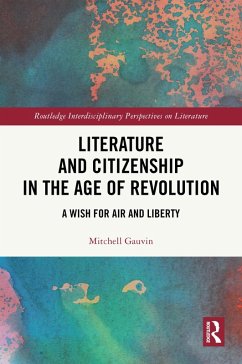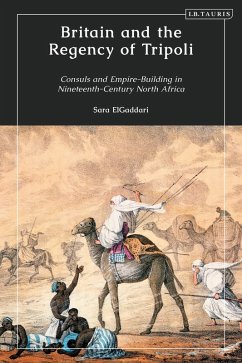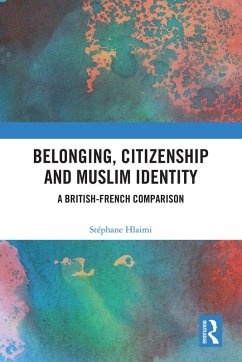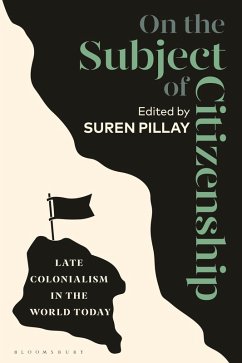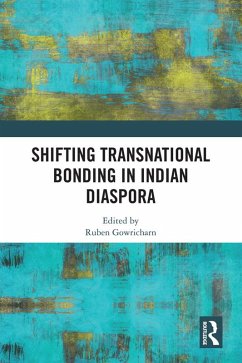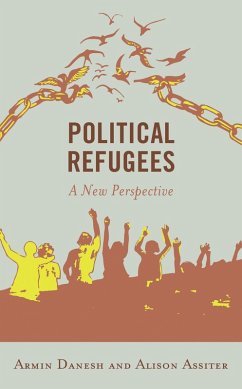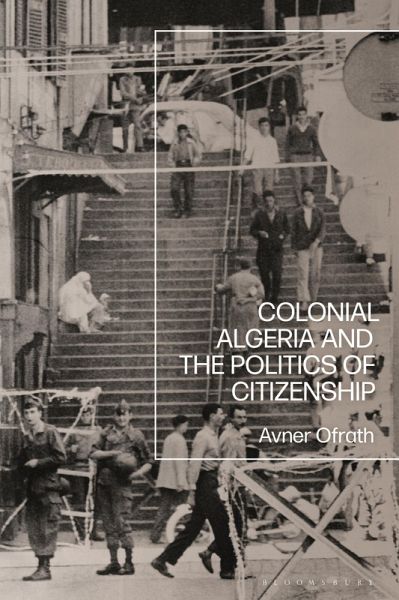
Colonial Algeria and the Politics of Citizenship (eBook, ePUB)
Versandkostenfrei!
Sofort per Download lieferbar
24,95 €
inkl. MwSt.
Weitere Ausgaben:

PAYBACK Punkte
12 °P sammeln!
This book explores citizenship politics in colonial Algeria, which became a key battlefield for struggles over participation of the body politic and the reach of universal promise in 1789. In examining these struggles, Avner Ofrath shows how colonialism dissolved the political community as a frame of participation and negotiation, first in the colonies and ultimately in the metropole. Revealing the racialization of citizenship from the late 19th century onwards, this book shows how lawmakers under the Third French Republic construed colonial subjugation around rigid ethnic-religious criteria i...
This book explores citizenship politics in colonial Algeria, which became a key battlefield for struggles over participation of the body politic and the reach of universal promise in 1789. In examining these struggles, Avner Ofrath shows how colonialism dissolved the political community as a frame of participation and negotiation, first in the colonies and ultimately in the metropole. Revealing the racialization of citizenship from the late 19th century onwards, this book shows how lawmakers under the Third French Republic construed colonial subjugation around rigid ethnic-religious criteria in order to protect settler privileges and exclude Algerian Muslims. Portraying Islam as oppressive and unmodern, the exclusion and othering of Muslims led to a concept of citizenship that was deeply hostile to religious difference. Despite this, Colonial Algeria and the Politics of Citizenship shows how Algeria witnessed some of the most powerful contestations of racialized citizenship seen in a colony. From a successful Jewish campaign for full political rights in the 1860s, to Muslims' demand for reform in the 1930s, Algerians insisted on Maghribi languages, religions and history as indispensable dimensions of political life. Tracing intellectual and political networks throughout the Maghrib, the Mashriq, and across the Mediterranean, Avner Ofrath weaves Algeria into a global history of citizenship in the age of empire.





